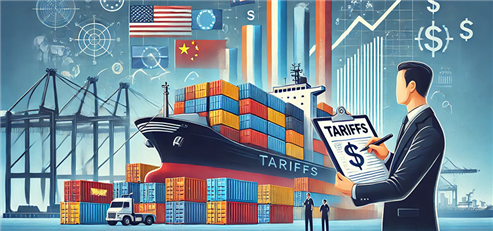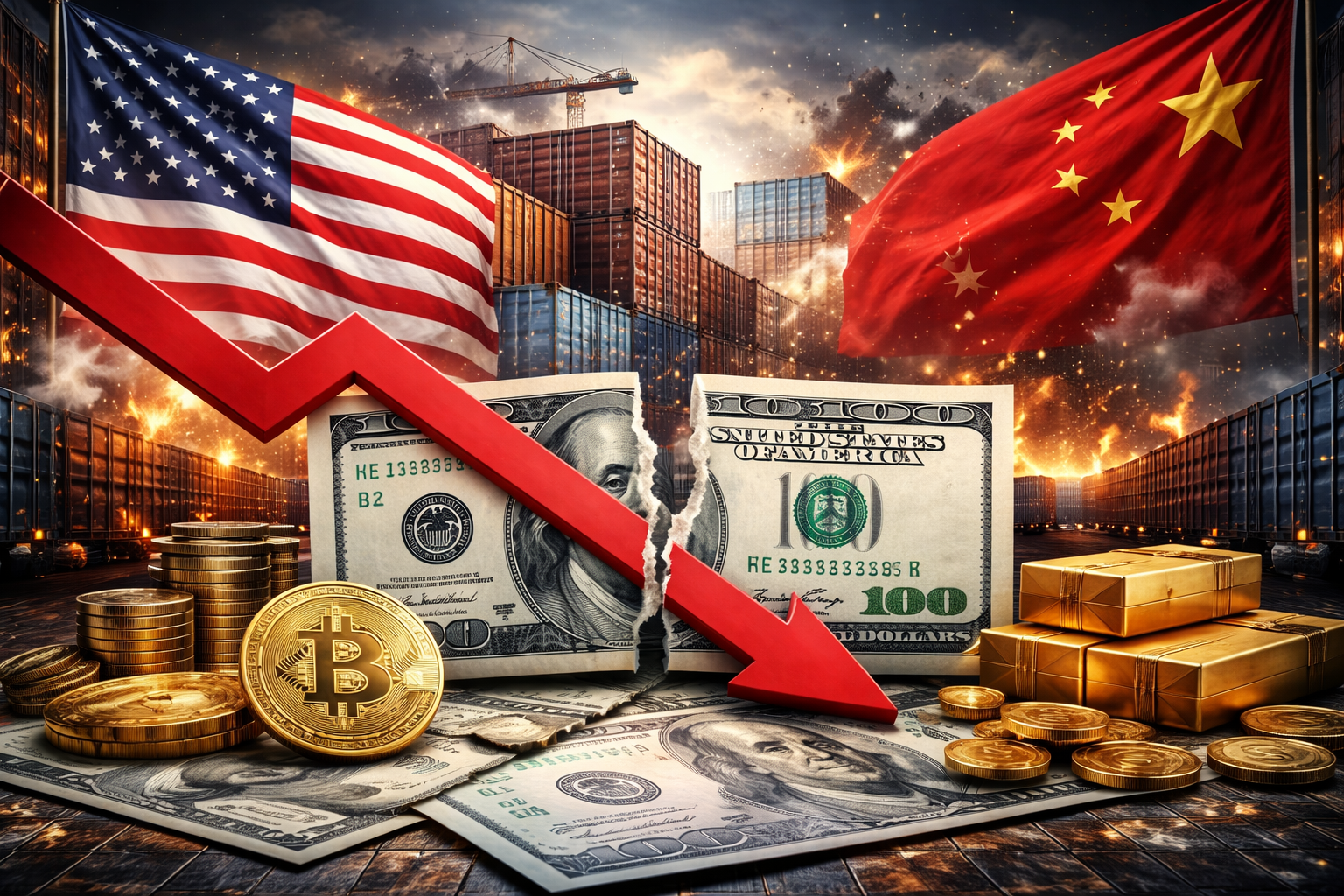U.S. President Donald Trump has signed an executive order that officially doubles America’s %Tariffs on %Steel and %Aluminum imports to 50% effective today (June 4).
The executive order said the import tariffs on steel and aluminum are being raised on national security concerns and to protect domestic American industries.
The lone exemption from the new duties is the United Kingdom (U.K.), which reached a comprehensive trade agreement with the U.S. on May 8 of this year.
The U.S.-U.K. Economic Prosperity Deal, which is a bilateral free trade agreement, eliminates tariffs on U.S. imports of British steel and aluminum.
The executive order states: “The increased tariffs will more effectively counter foreign countries that continue to offload low-priced, excess steel and aluminum in the United States market…”
The aluminum industry has been quick to criticize the increased tariffs, saying it needs a consistent trade policy and market certainty to support investments and demand.
The Aluminum Association, a trade group representing American producers, has also emphasized the need for a tailored approach to tariffs that penalizes unfair trade while maintaining important supply sources, especially from neighbouring Canada.
The U.S. has four aluminum smelters, and it relies on Canadian primary aluminum production to feed its furnaces.
However, while the aluminum industry has raised concerns about the new import duties, the American steel industry has applauded the doubling of tariffs.
“American-made steel is at the heart of President Trump’s plan to revitalize domestic manufacturing and return our country to an economic powerhouse,” said the U.S. Steel Manufacturers Association in a written statement.
The American Iron and Steel Institute has also come out and said the increased tariffs will keep the American steel industry strong.
However, previous steel tariffs implemented during President Trump’s first term in office ultimately led to job losses in the U.S. industry, note some economists.
There are also widespread concerns that the 50% tariffs on steel and aluminum products will lead to higher prices for many industries, notably in construction and housing.





